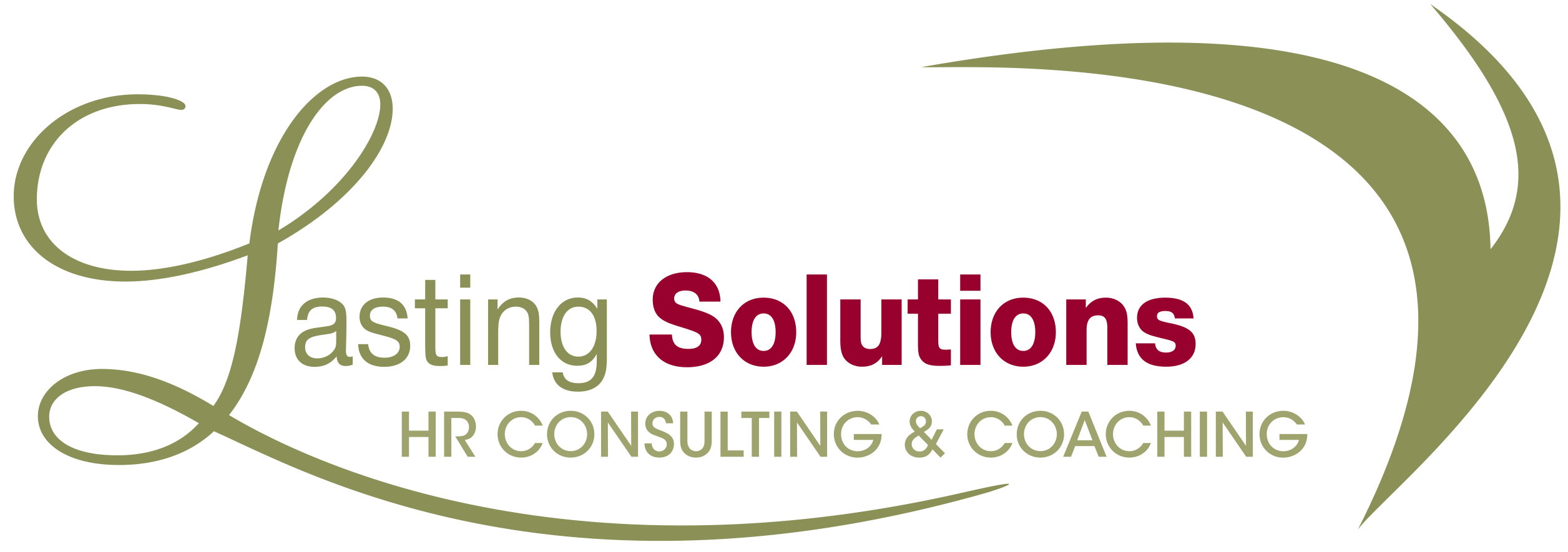Self-Employment – Is it in your Future?
Self-Employment is becoming a growing option for many people. Whether you are considering diving right in, dabbling with a full time job and starting your business slowly or turning a hobby into a business as you enter retirement, self-employment can be extremely challenging but also very rewarding knowing that you have personally created the results that have been achieved.
Whether it’s starting a product or services type of business, buying a business or partnering with someone, being successful means managing all aspects of a business. Therefore, it’s vital that you speak to experts to get the proper guidance for areas outside of your expertise including strategic planning, finance, marketing, sales, public relations, communications, HR etc.
If you are considering self-employment it is important to evaluate your strengths and weaknesses to truly understand what you will be good at and where you may struggle. Below you will find examples and chart where you can get a good understanding of what your strengths and weaknesses would be. If you rate yourself as average or low on any of these, it does not mean you should rule out self-employment. You need to decide if the item is a deal-breaker for you to go this route or if it is one of the areas you should get support with.
Let’s Review Two Examples
Financial Insecurity
Financial health is significant for many people and was especially for me when I started my own business. To support this, carefully review and critique your current financial health, create a solid business plan and have someone help you to be accountable.
IMPORTANT TIP – (Get a line of credit – and don’t use it – before you become self-employed. Then if you need money for your business you don’t have to ask.)
These steps along with regular financial updates, an action plan and accountability measures are positive steps in being successful as an entrepreneur.
Goal Setting
If you are used to someone else setting goals for you at work and know that you aren’t good at it yourself; you may need help with this to keep your business on track. Search out resources for goal-setting, and then find someone to help you with the process and to keep you accountable. This could be a business partner, mentor, business coach, spouse or friend. Choose someone who can be totally unbiased and keep you accountable without causing a negative impact on your relationship.
Self-Employment Assessment
|
Low |
Average |
High |
|
| Accountability – You believe that your work and results come from your personal effort. | |||
| Adaptability – You are able to adjust your work style, efforts and mindset to changing situations and conditions. | |||
| Asking for help – You know when you are not in your area of expertise and can reach out for support. | |||
| Competitiveness – You realize that to make your business work you have to outperform your competition and are willing to do that. | |||
| Drive – You are able to work to get a project completed on time to honor commitments. | |||
| Financial Insecurity – You are able to tolerate financial insecurity. | |||
| Goal-Setting – You are able to set clear goals and objectives for your business. | |||
| Networking – Being able to confidently make business connections and continuously expand your network. | |||
| Optimism – You maintain a positive outlook on life. | |||
| Persistence – You are able to keep following up to get results and see work through despite possible obstacles or setbacks. | |||
| Resilience – You are able to emotionally handle stress, pressure, the unknown. You are very stable. | |||
| Self-Promotion – You are able to promote your business offering in a confident, knowledgeable manner while being approachable. |
The above items are all important factors in determining your success as a self-employed person. If you are considering self-employment, one of the most important skills to learn is asking for help or reaching out. Very few of us are experts with all the skills needed to become self-employed effectively and asking for support could be the difference between a successful venture and going back to doing something you may not love.
If you would like more information regarding career strategy, please check out my Free Resources Tab on my website at www.hrcareertransition.com, like me on Facebook at Conscious Career Planning with Lotte, follow me on Twitter @lottestruwing or connect with me on LinkedIn at Lotte Struwing.


Leave a Reply